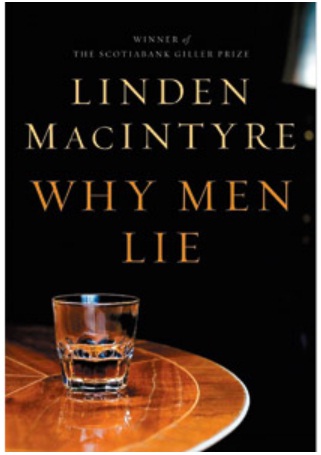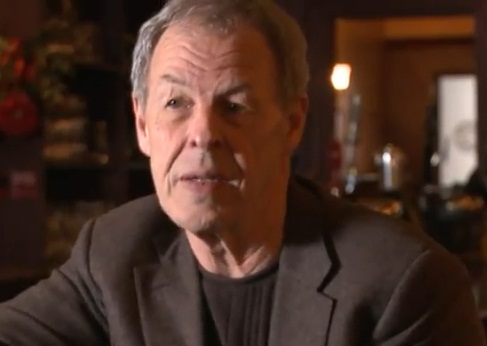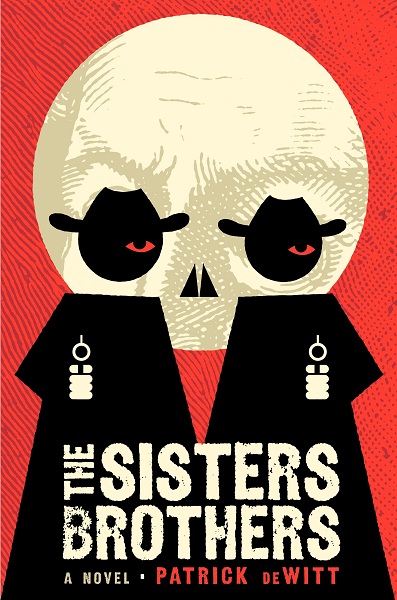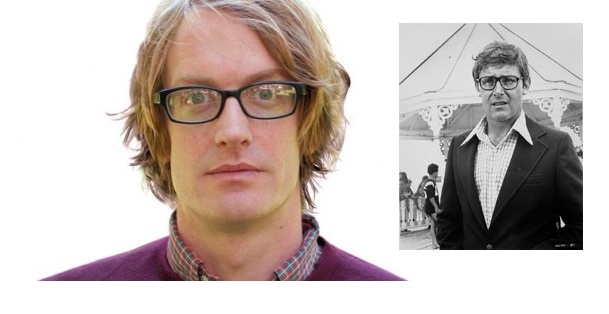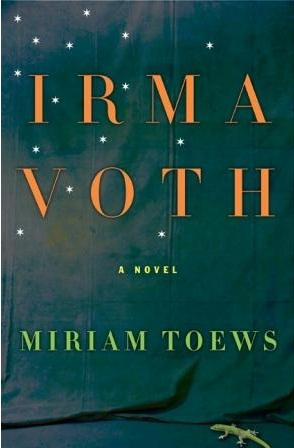
Miriam Toews’ Irma Voth follows the trials and tribulations of a rebellious, yet eager to please, 19 year old young woman from a strict Mennonite community near Chihuahua. The story begins with Irma recalling the failure of her marriage to local Mexican man. Irma provides the reader with a brief glimpse into her past while she pines over her botched marriage. Her family’s mysterious and seemingly unexplained relocation from the Canadian prairies and her father’s disapproval and disownment over her marriage are vaguely addressed. The story, told by Irma, weaves her past with her present in an effort to understand her situation and the situation of those around her. In her attempt to reason and understand her surroundings, Irma reveals what she knows and what she longs to understand.
As Irma guides the reader through her interactions with the family and community that has cast her aside, the reader catches a glimpse into her very foreign and complex world. As the story unfolds, different characters are exposed. Irma’s younger sister, the 13-year-old Aggie, sees her older sister’s life as an adventure and longs to follow in her footsteps—however resistant Irma may be to this. Aggie’s innocence seems to mirror what Irma has lost in her recent actions and through her actions, the reader can understand the difficulty facing Irma: protecting her sister vs. letting her find her own way, no matter what mistakes she may possibly make. The reader cannot help by admire Aggie’s eagerness and lust for life. Irma robustly contrasts this and the reader is left to try to decipher Irma’s motivations.
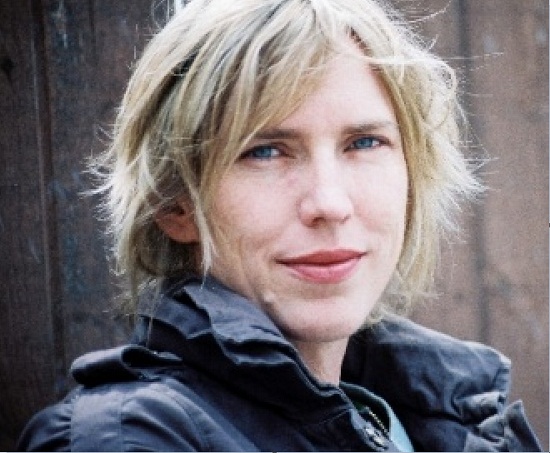
The novel is told through the eyes of Irma. Much of the dialogue and action is driven by Aggie’s character. Irma takes the position as an observant watcher, but through her actions and inner musings, drives the plot and offers the reader a detailed insight into her past. Not until the end does Irma take a long overdue aggressive stand and make bold moves for reasons she feels justified in. With an ending that will resonate with any reader, this novel tells a haunting tale of moral obligations and maturity.
Sarah Purdy is an educator and a book and literary reviewer for The Silo. Search “Sarah Purdy” from our site to read more Canadian book reviews.

